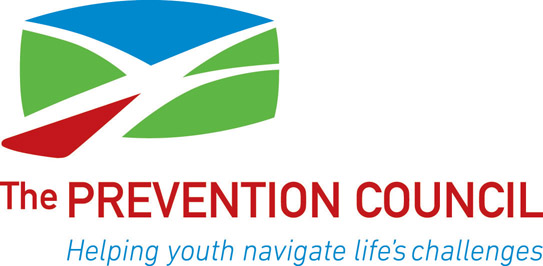May 14, 2013
Reader’s View, The Saratogian
Editor’s note: Through Friday, The Saratogian is collaborating with the Prevention Council as part of National Prevention Week. This week-long observance is an opportunity to raise awareness about substance abuse and mental health issues, to promote prevention efforts and to educate our local communities about the factors that influence substance use. Prevention Week celebrates the idea that everyone has a role to play in prevention. In order to be most effective, prevention should be woven into all aspects of young peoples’ lives.
It’s prom season, and along with the dress, the tux, the hair and the nails comes another prom ritual: drinking.
Alcohol is youths’ No. 1 drug of choice. Saratoga County schools have been proactive in many ways to make sure our teens are safe, but they can only control what happens at the prom itself.
Teens have told us they only stay at the prom long enough to take pictures and then they are off. But where are they going? Last year, we heard an alarming number of stories about teens who went to parties at friends’ homes where alcohol was provided — sometimes with parents’ permission, sometimes without. Scary, right?
The term “social host” refers to people who provide alcohol to someone younger than 21. It’s irrelevant whether a parent or guardian is home or not home, aware or unaware. You become a social host when minors drink alcohol on your property, and you can be held liable for endangering the welfare of those minors. It’s illegal to provide alcohol to anyone younger than 21. It’s illegal for them to consume it, too. But when adults make underage drinking possible, whether by actively hosting or passively closing their bedroom door, they will be the ones police track down when things get out of hand.
Our biannual Saratoga County student surveys have consistently shown that most youths who drink get alcohol from a social host: friends or siblings who are older than 21, parents, house parties or by sneaking it from home. Eighty percent of Saratoga teens who drink alcohol reported they did so “at someone’s house.”
So what should you do if you find out about a gathering where alcohol is going to be provided to minors? There is a wonderful, anonymous hotline you can call to report it: 1-866-UNDER21. If you call the hotline before the party, police will contact the homeowner to remind them that serving minors is illegal and that they will be stopping by that evening. If the call is made while a party is already under way, expect some uninvited guests in uniform.
Parents often tell us that they’d rather their children drink at home in a “safe” environment, where they know where their kids are and who they’re with. But don’t think you’re doing your kids and their friends any favors by allowing them to drink with supervision. There is no such thing as a safe environment for underage drinking.
As a host, you cannot predict the behavior of a minor under the influence of alcohol or how much they have consumed. You put teens at risk of alcohol poisoning, sexual assault, violence and physical injury, and you can be held criminally liable for endangering the welfare of a minor. Parents and other adults need to remember that they are the greatest influence on their teens’ decisions. Parents also bear the primary responsibility for their teens’ misconduct.
If you are hosting a group of kids after the prom, promote responsible celebration. Check regularly on the teens who are camping out in your backyard or on the kids hanging out in your basement. Remove alcohol from your home that evening or lock it up. Check in with your teens regularly from a landline phone if they are at a friend’s house. Make sure they know that you expect them to stay sober not only on prom night, but every night they’re out with their friends.
We’ve said it before, but the message bears repeating: The stronger the parental message against underage drinking, the less underage drinking takes place.
Wednesday’s topic will be suicide prevention.
Heather Kisselback
Executive Director
The Prevention Council
